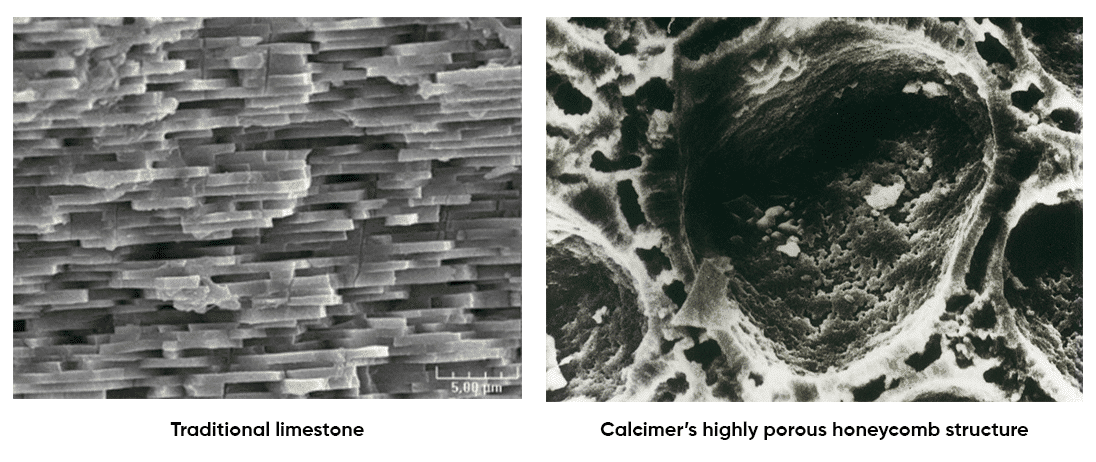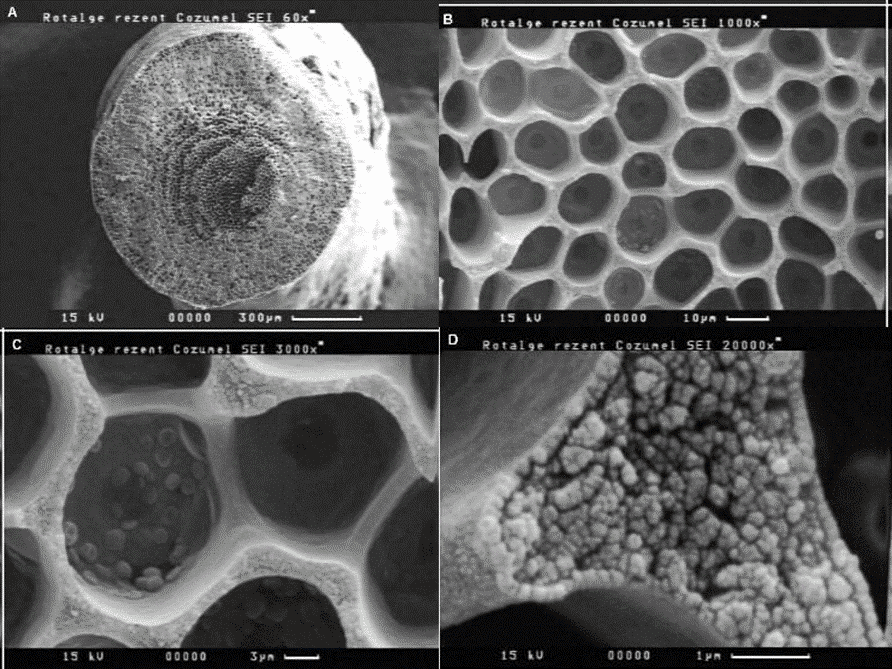Calcium’s importance in plants is widely recognized. Calcium plays a role in many plant functions including root development and is the backbone of cell wall strength and rigidity. Deficiency symptoms can occur at new growth points in the crop and low plant calcium can lead to poor leaf canopy, bud development, and early blossom drop. This becomes important for many vegetable and tree fruit crops, but also many other field crops, like soybeans, alfalfa and cotton. Many dicot crops like the three mentioned, have a larger calcium demand than do monocot crops like corn and grasses. (up to 2% dry matter vs 1.25% for monocots).
Calcium also has shown to improve resistance to diseases. Increased tissue calcium has shown reduction in Erwinia, Fusarium, Pythium, and Botrytis, (Easterwood 2002) all of which are significant pathogens in many vegetable and agronomic crops.
Calcium Availability
Calcium soil content can indicate a potential issue, although adequate soil calcium does not always mean a calcium sufficient plant. Three issues can arise in calcium management programs:
1) Soil calcium availability can depend on other soil factors such as, CEC, pH, and other antagonistic nutrient concentrations.
2) Calcium is present in some fertilizers as well as other soil amendments, but the solubility of the source greatly varies. Sources such a lime or gypsum have low solubility and calcium becomes available over months or years. These first two issues result in 10s of thousands of pounds of calcium in soils but many times they have less than 100 lbs of soluble calcium available to plants (IPNI NutriFacts #5).
3) Calcium uptake and translocation in plants is very poor. Calcium is notoriously non-mobile in plants and so deficiencies during the growing season can show up even with adequate soil calcium. These three issues play a huge role in the plant availability of calcium. Many crops have a narrow window of rapid calcium uptake and need a readily available soluble source for maximum yield and quality. Apples and potatoes for instance take up 90% of their calcium in a 4-6-week window (Easterwood 2002).
Calcium Focused Technologies
TIMAC AGRO provides two solutions for calcium challenges. Calcimer (a marine source of calcium carbonate) is contained in TIMAC AGRO granular products like HUMIFLORE, which is much more soluble and plant available calcium than conventional lime and gypsum sources of calcium because of its highly porous honeycomb structure.

It also provides great microbial activity inside the honeycomb structure, increasing nutrient release as a result.

Secondly, TimaCal® is a liquid calcium chloride also containing the patented Adur Complex to aid in calcium uptake and translocation to high demand areas of the plant. Utilizing both technologies in high calcium demand crops like apples, potatoes, and fruiting vegetable is a great strategy to maximize both yield and quality.
Please contact us to find out more about our solutions and approach to solving real problems growers encounter in the field.



